Leo Ornstein: Piano Music, Volume One
The Russian-born American composer Leo Ornstein (1893-2002) lived long enough — an astonishing 109 years — to see his music both fall into and re-emerge from obscurity. His earliest surviving work dates from around 1905; his last was composed in 1990. Not surprisingly, his music embraces a range of styles, ranging on this first CD — in the first extended series devoted to his piano works — from the atmospheric impressionism of the Four Impromptus via the fiery virtuosity of the Fourth Piano Sonata to the Rachmaninov-like Romanticism of the Cossack Impressions and In the Country.
Arsentiy Kharitonov, piano
Listen To This Recording:
-
Four Impromptus, S300A (1950s–76)
- No. 1 Moderato
- No. 2 Epitaph: Moderato espressivo
- No. 3 An Interlude: Andante
- No. 4 A Bit of Nostalgia: Moderato
- I Moderato con moto
- II Semplice
- III Lento
- IV Vivo
- No. 1 The Gypsy Lament: Moderato con moto
- No. 2 The Old Dungeon: Andante misterioso
- No. 3 A Fairy Dance: Tempo rubato
- No. 4 The Cathedral Bells and the Choir: Moderato non troppo
- No. 5 The Merry-Go-Round: Vivo e ritmico
- No. 1 Evening Song: Maestoso
- No. 2 Maidens at the Fountain: Andante comodo rubato
- No. 3 Mazurka: Con vivo
- No. 4 Moonlight in the Mountains: Andante amabile
- No. 5 Grief: Moderato con tristezza
- No. 6 The Waltz: Tempo di Valse
- No. 7 The Nocturne: Lento
- No. 8 At Dawn: Impazientemente
- No. 9 The Dance: Allegretto con spirito
- No. 10 The Love Song: Andante con sentimento
- No. 11 The March: Tempo alla marcia
- No. 12 Méditation: Languido
- No. 13 At the Festival: Allegro molto
Piano Sonata No. 4, S360 (c. 1918)
In the Country, S63 (1924)
Cossack Impressions, S55 (c. 1914)
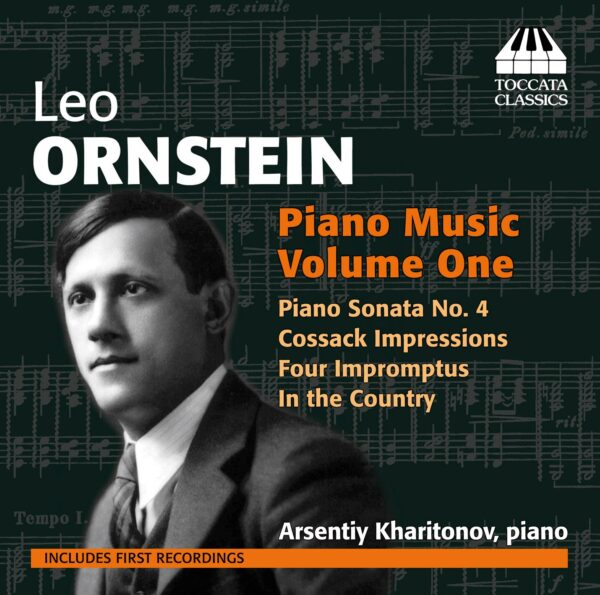
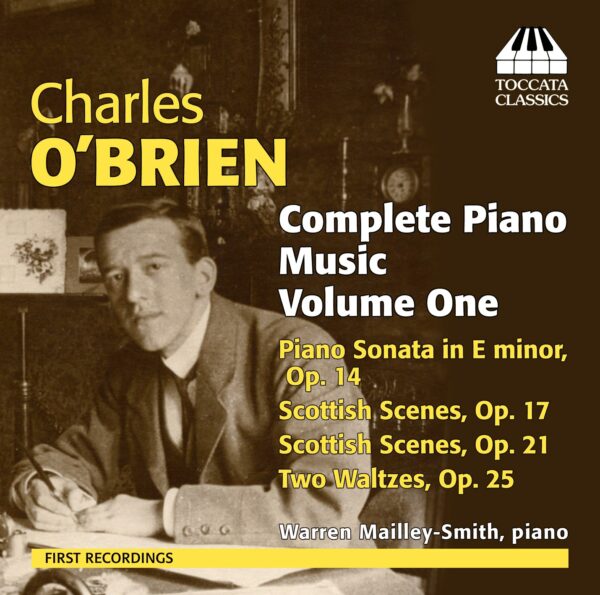
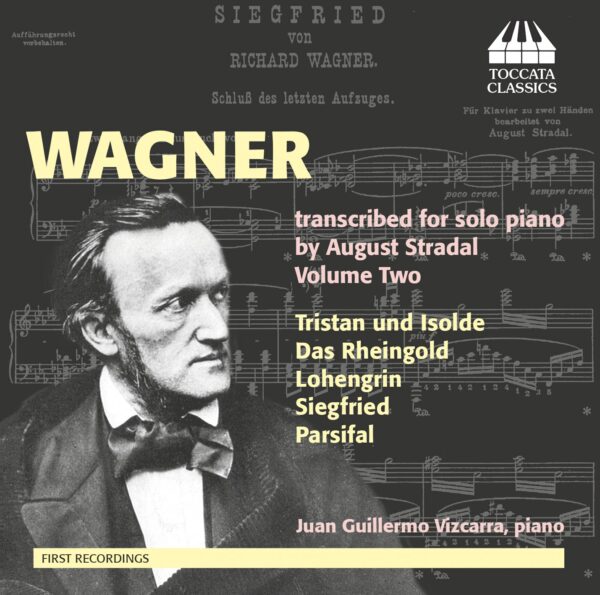
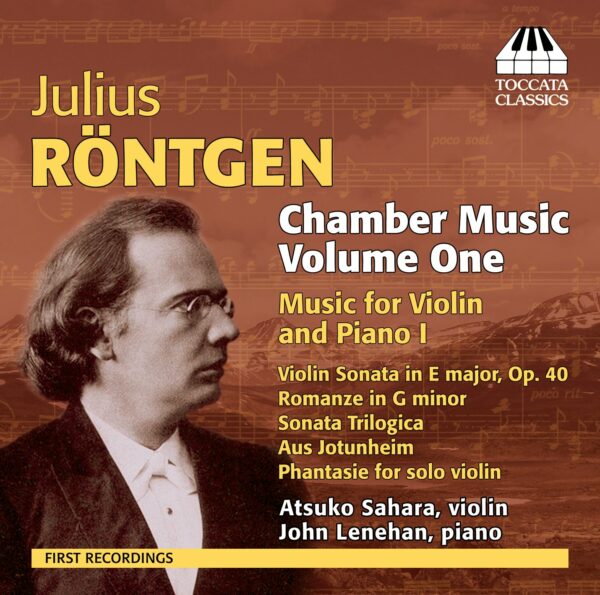
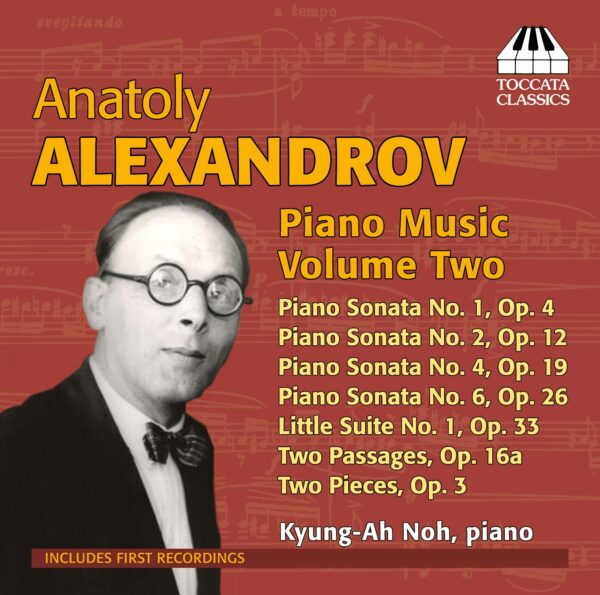
Fanfare Magazine :
‘… the young Russian pianist (recorded in Texas) is more than capable of dealing with Ornstein’s technical demands. Moreover, he interprets the music with total commitment and understanding, and is beautifully recorded. This is a distinguished and fascinating start to what should prove to be an important series of recordings.’
—Phillip Scott,Fanfare Magazine March/April 2013
MusicWeb International :
‘Arsentiy Kharitonov seems fully in command of the technical and emotional demands and the sound is nothing short of gorgeously close and warm. In splendid Toccata style Malcolm Macdonald contributes a substantial and highly readable liner note. …this slice through a largely unexplored catalogue presents Ornstein as a master of Russian romance both grand and gentle.’
—Rob Barnett, MusicWeb International
Severo Ornstein :
My father’s piano music varies widely in character, and much of it makes heavy demands on the performer – demands not only for speed and accuracy of technique, but also for musical understanding in order that the often complex structure of the music be suitably illuminated. The two recent Toccata CDs of my father’s piano music by Arsentiy Kharitonov exhibit not only Kharitonov’s full technical mastery of the material, but also his deep understanding of it.
A number of my father’s early works from the 1910–1920 era are regarded as radical and highly innovative, while much of the rest of his music is often dismissed as less interesting and primarily neo-romantic in nature. That judgment, however, has been informed by little familiarity with the full spectrum of his later compositions in which the innovation is far more subtle than the often blatant dissonance of the earlier works.
Kharitonov’s first CD of my father’s music consisted of lyrical works that, for the most part, fitted comfortably within the bounds of the above image. The 4th Piano Sonata, which had been previously recorded by others, exposed Kharitonov’s prodigious technical ability, but nothing on that CD violated the neo-romantic myth. By contrast, the latest Kharitonov CD explores a set of seventeen waltzes, composed over a period of several decades, most of which have never before been heard in public. They manifest the full range of styles of his later years, and while some are indeed firmly rooted in the lyricism of the late nineteenth and early twentieth centuries, others go well beyond that and delve into highly sophisticated complex rhythmic and harmonic material. It is the stunning contrasts that give Kharitonov’s recordings so much force as he invests each piece with its own individual character – no mean task given their enormous diversity and technical difficulty.
Rarely do I hear playing, especially of my father’s music, that sounds to me really “correct” – the way I think he himself would have played it. I had that experience listening to Marc-André Hamelin’s recording of my father’s 8th Piano Sonata. Kharitonov’s recordings seem equally right throughout, and I find that I simply cannot stop listening to the waltzes over and over again. This is no doubt in part because the musical material itself is so gripping, but it is also because Kharitonov’s tempos and phrasing fit the music so perfectly that nothing stands between the listener and the music itself.
Luke Pratt :
Very excited by the prospect of future Toccata releases of works by this centenarian! And Kharitonov performs the music featured in this recording with great panache and command. Well done!
Fanfare Magazine :
‘[Kharitonov’s playing] is very crisp, bracing pianism, exciting and driving when need be (as in the sonata’s finale and No. 9, ‘The Dance,’ in Cossack Impressions), yet also by turns tender and mysterious when the score calls for it. In other words, he’s an excellent pianist in the modern vein. […] This is given the title Leo Ornstein Piano Music, Volume One, so I’d have to assume that Toccata is going to record the composer’s complete oeuvre, hopefully with Kharitonov as the pianist throughout. In any case, this is a very auspicious beginning to what will undoubtedly be a fascinating set when it is completed.’
—Lynn René Bayley, Fanfare Magazine March/April 2013
Fanfare Magazine :
‘Arsentiy Kharitonov […] seems to be the man for the job. He’s got technique to spare and plays with the requisite romantic abandon. The sonics of the disc are also great. So I’ll look forward to upcoming releases in the series.’
—Robert Carl, Fanfare Magazine
Classical–Modern Music Review :
‘All of it has an impressive pianism, a tempestuous quality, a conception of the piano as an orchestra unto itself and a heroic virtuosity. His Russian roots show through brightly as well.
There are some breathtaking moments and a consistently high level of musicianship on the first volume, thanks to Ornstein’s brilliance and the very appropriate pianistic fireworks of Arsentiy Kharitonov. A great start! Bravo!’
—Greg Applegate Edwards, Classical–Modern Music Review